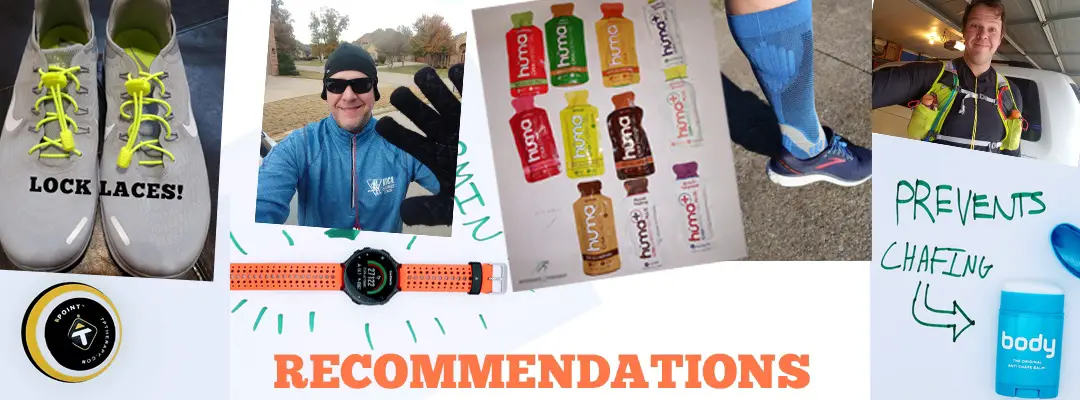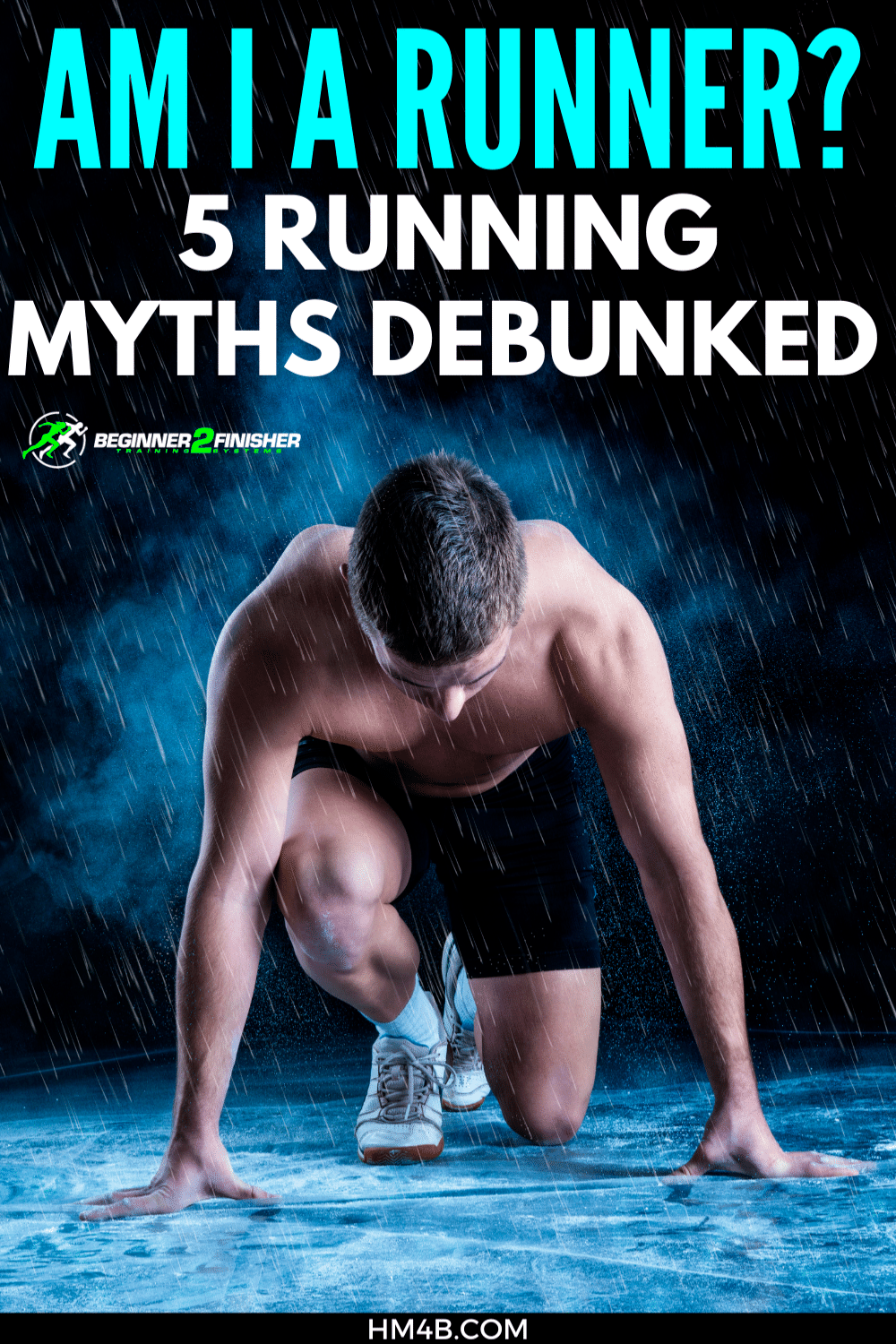If you’re new to running or have only been running for a short period of time you might have asked yourself this question: Am I a Runner? Being a new runner can be both exciting and daunting at the same time.
5 Myths Debunked:
1. You have to run every day
Somewhere along the way, you might have got the idea stuck in your head that you have to run every day to be a runner. This is absolutely incorrect. In fact, more and more research is highlighting the fact that if you run every day you’re putting your body at extra risk of getting injured. Most runners that train for races don’t run every day. They rest at least one to two days each week so that their body can recover. If you don’t let your body rest, your body will not be able to effectively rebuild torn muscles. If the muscles can’t rebuild properly then your body can be more susceptible to injury.
2. You have to run a certain amount of miles each time you run
As a new runner, it’s important to not give in to the cliche of the need to run at least 3.1 miles every time you run. Every new runner needs to run at their ability and forget how many miles they’re able to conquer. Once, you’ve got your running legs in order and you’re slowly able to work yourself up to 3.1 miles over several weeks of running, then you can start shooting for a particular distance that a training plan would outline for you.
3. I’m too unfit to run
This could be the biggest thing that holds back new runners. Medical conditions that prevent you from running should be looked at by a medical professional. If you’re medically capable of running then you can simply start off with a walk/run routine for a week. If you’re overweight, It’s not the best idea to go out and do nothing but run, especially if you’re a new runner. So until you lose weight, you might want to try one of these other forms of exercise before taking up running:
- Water aerobics
- Bicycling
- Walking
- Walk/Run
The best thing to do when you are unfit and/or too overweight to run you need to concentrate on what you eat rather than the exercise variable of it. Depending on how overweight you are, it might put too much stress on your knees and legs if you start running. So how do you know if it’s safe to start running after you start losing weight? I would recommend that you don’t start running until you’re within 25% of your ideal weight. Let’s say your ideal weight is 180 pounds. I would wait to start running until you’re at least 45 pounds within your ideal weight range. In this example that would be about 225 pounds. This is just a guideline and you should seek medical advice if you’re worried about undue stress that could occur because of weight issues.
Related: 22 Running Tips For Absolute Beginners!
4. My runs need to be at a faster pace
Long runs can be accomplished at an extremely slow pace. It’s all about the total amount of time spent running on your feet rather than how fast you run. Long runs are supposed to be slow to help build running volume so that your legs and glycogen stores can maintain long endurance running. Concentrate on increasing your running mileage each week by about a mile and don’t worry about the pace.
5. During a race, if I walk it’s cheating
This is by far one of the most debilitating things a new runner could possibly be told. In fact, if I ever hear anyone say this to someone else out loud, I will politely have words with them. Some of the best race strategies for long races, including half marathons and marathons, use a run/walk method. 5K and 10K races can also be completed by using a walk/run strategy. I look at it like this. If your butt is participating in a 5K race instead of sitting on the couch not exercising, then I will support you no matter what – even if you walk the whole thing. Don’t ever let anyone ever tell you that you can’t walk during a race!
For more information on motivation for new runners, check out my other blog post on The Runner’s Mindest
| Help support me and subscribe to my YouTube channel. YouTube video - 30 ways to make your runs less painful! Coach Scott's Credentials:
|
To sign up for a FREE half marathon training schedule, log sheet, and pace predictor CLICK HERE.

Recommended gear for runners
Connect with me:
| facebook.com/BeginnerToFinisher/ |



1 thought on “Am I a Runner? 5 Running Myths Debunked”